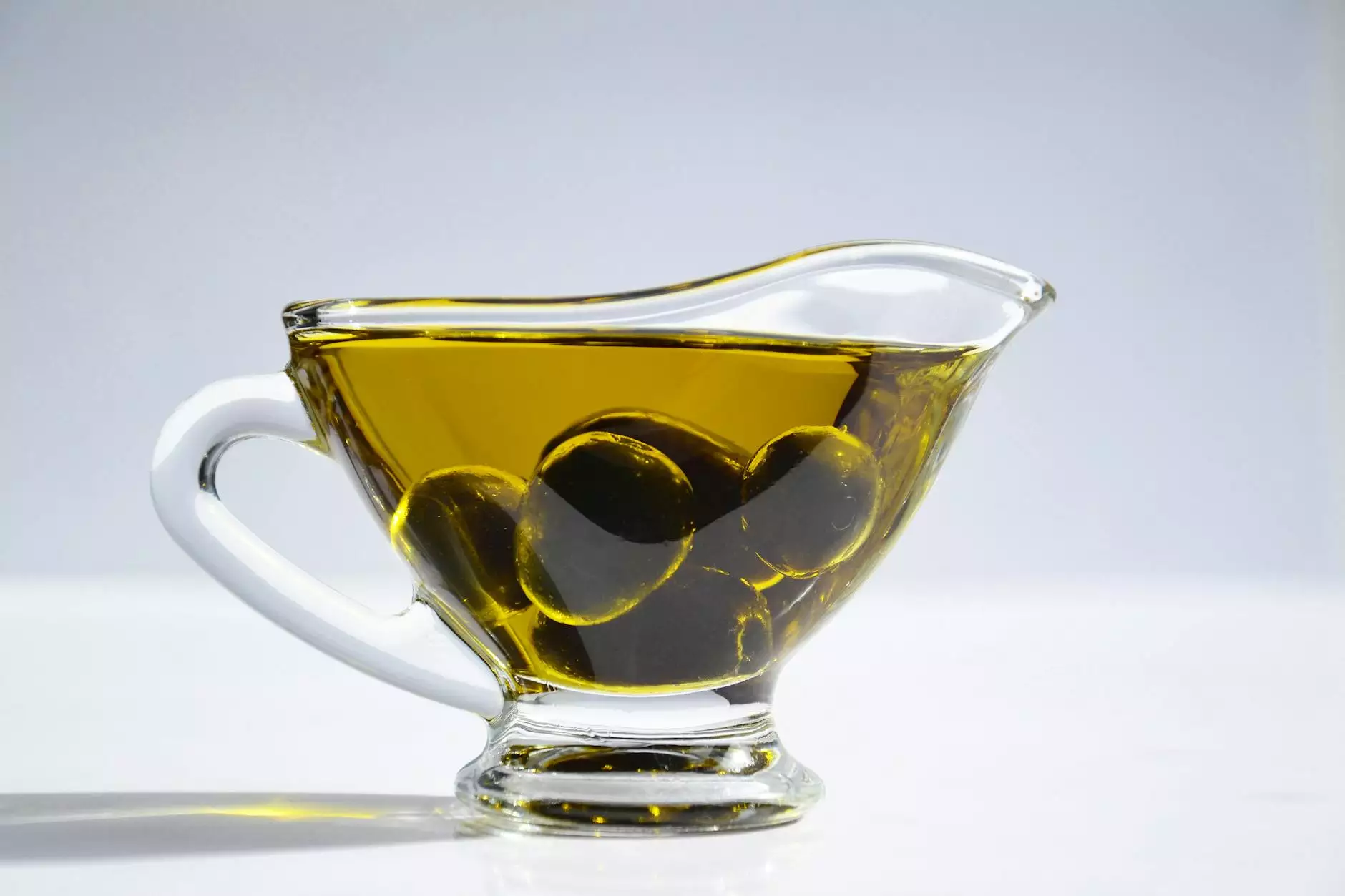Understanding Horse Prescription Drugs: Essential Insights for Equine Health

When it comes to maintaining the health and performance of your horse, particularly racehorses, understanding the role of horse prescription drugs is crucial. These medications serve multiple purposes, from improving athletic performance to managing health conditions, ensuring that our equine companions stay in peak condition for their races. This article delves deeply into the significance of horse prescription drugs, their types, uses, and considerations for use within the equine industry.
The Significance of Horse Prescription Drugs
Just like humans, horses can suffer from a variety of health issues that require medical intervention. Prescription drugs for horses are vital tools used by veterinarians for:
- Preventative Care: Regular use of certain medications can prevent diseases and keep horses healthy.
- Treatment: Addressing specific health issues such as infections, pain, and inflammation.
- Performance Enhancement: Helping racehorses perform at their best while adhering to ethical standards.
With the correct application and guidance from a qualified veterinarian, these medications can help optimize the lifespan and performance of your horses, especially in competitive settings.
Types of Horse Prescription Drugs
Horse prescription drugs can be categorized into several groups based on their functions. Understanding these categories not only aids horse owners in addressing their animals' health needs but also supports better decision-making regarding treatment options.
1. Anti-inflammatory Drugs
These medications are used to reduce pain, swelling, and inflammation. Common examples include:
- Phenylbutazone: Commonly known as "bute," this drug is frequently prescribed for pain relief and inflammation.
- Firocoxib: A newer non-steroidal anti-inflammatory drug (NSAID) that is often better tolerated by horses.
2. Antibiotics
Infection control is critical for horses, especially when injuries occur. Some widely used antibiotics include:
- Penicillin: A broad-spectrum antibiotic effective against various bacterial infections.
- Tylosin: Often used for respiratory and gastrointestinal infections.
3. Hormonal Medications
These drugs help manage reproductive issues and hormonal imbalances. Common examples are:
- Regumate (altrenogest): Used for managing estrus in mares.
- Oxytocin: Helps in uterine contractions and is commonly used during or post-delivery.
4. Pain Management Drugs
Pain management is crucial for horses post-injury or surgery. Essential medications include:
- Buprenorphine: An opioid used for severe pain.
- Tramadal: Another effective option for managing acute pain.
5. Vitamins and Supplements
These are crucial for overall health and disease prevention. Some key examples are:
- Vitamin E: Essential for muscle health and recovery.
- Electrolytes: Aid in hydration and recovery, especially after racing.
Responsible Use of Horse Prescription Drugs
With the benefits of horse prescription drugs come responsibilities. Responsible use is key to ensuring the safety and health of horses. Here are some important considerations:
1. Veterinary Guidance
Always consult with a veterinarian before administering any medication. A professional can diagnose the correct condition and prescribe the appropriate drug type and dosage.
2. Adherence to Withdrawal Times
In competition settings, it is crucial to adhere to withdrawal times for medications to avoid positive drug tests. This ensures fairness and integrity in sports.
3. Understanding Side Effects
Every drug has potential side effects. Educating yourself about them will help in monitoring your horse effectively post-medication.
The Future of Horse Prescription Drugs
The development of more effective and targeted pharmaceutical solutions for horses is on the rise. Advancements in veterinary medicine are focusing on:
- Biologics: Utilizing biological products such as stem cells to treat injuries and manage pain.
- Customized Medicine: Tailoring protocols based on genomic information of individual horses.
Conclusion
In conclusion, understanding the significance, types, and responsible use of horse prescription drugs is crucial for optimal equine health. These medications not only enhance performance but also play a pivotal role in treating and preventing health issues. As a horse owner or enthusiast, it is essential to remain informed and work closely with your veterinarian. This collaborative approach ensures your horses are not only performing at their best but are also leading healthy, vibrant lives.









